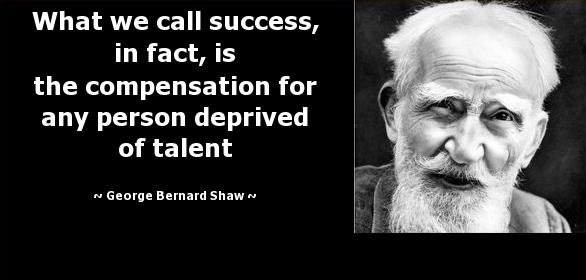It’s that time of year again when I ask students to submit their comments and ideas about the fundamental basis of HRM. It’s pretty hard to believe that my last posts on the blog were of the exact same questions last year – that’s PhD life for you! At least this gives us an interesting ‘baseline’. Here’s a direct link to last year’s blog on the question of ‘What is HRM?’.
Saying that, this is obviously not an academic study; more like a barometer of the opinions of the HR professionals and managers of tomorrow. The group have mixed experiences of HR – from undertaking a year-long placement in industry, to only learning about it from a textbook.
There are some key similarities to last year, but also some differences as well. First with the similarities.
HRM is there to ‘manage people’
As with last time, comments alluding to HR’s role in ‘managing people’ were a prominent theme, being referred to in at least 10 comments (some comments could be related to more than one theme). This year it was more expected, after last year I expressed surprise that students would see HR as undertaking this role, rather than line managers. Some of the comments even referred to HR ‘using’ employees, including;
“humans need to be run and managed, same as other processes”, and;
“[The role of HRM is to] organise an effective way of using employees”
Let’s hope we can develop a more critical perspective on this via this week’s lecture on HR Ethics, where I outline Greenwood’s critique that to treat people as resources, in same way as furniture or computers, is unethical.
However, what distinguished these comments from last year is that some of them had a much more strategic dimension, although this was often related to performance, for example;
“HRM is an approach to employment management that seeks to use the workforce in a way to gain competitive advantage.”
It would be interesting to see whether the ‘managerial’ perspective is affected if the ‘M’ was dropped from HRM, leaving the question as, ‘What is HR?’.
HRM does Admin
Similar to last year, a large number of comments referred to what HR ‘does’. Again, training and development was one of the main functions mentioned. Recruitment also got a lot of mentions. Interestingly, ‘motivation’ was frequently mentioned within this category. Perhaps this is indicative of a perceptible shift this year towards HR being seen as the “people service”, which I discuss below.
Noticeably absent this year were references to HR as a strategic function per se. Yes, we don’t cover HR strategy until the following lecture, but this is exactly the same as last year. Instead, there were a few comments related to strategy being something that HR does, or produces, for example, HR undertakes, ‘Strategic Business Planning’. There were a couple of comments about HR’s role in aligning people with business objectives;
“[HR’s role] is to support people to deliver business objectives” and;
“Look after employees to ensure alignment with business objectives”
But this wasn’t enough to make it a theme in it’s own right this year.
HRM looks after employees
Building on that last comment above, a key theme this year is HR as ‘the people service’. That HR’s role is to ‘support’ employees was mentioned in 5 comments. That HR was there to support the business was only mentioned in one. HR’s role in ‘looking after employees’ also got a couple of mentions. I find this interesting, as this was relatively absent last year. Hopefully is an emergent trend that will challenge the perception that HR manages and uses employees.
The Balanced Perspective
The lecture went on to question how HR balances the often contradictory organisational demands with employee demands. Obviously no matter how sympathetic HR is to employee concerns, they remain on the organisation’s payroll. Some students were already thinking in this vein before the lecture commenced;
“HRM [is the] people function [and] the balance between the organisation[‘s] strategic goals and its employees”,
“[HR’s role is to] support people to deliver business objectives”, and;
“HRM manage employees but also support the business”
The management perspective showing itself again there in the last comment. Let’s finish, though, with the inspirational thought that HR(M) is the;
“Backbone of business”
Thanks to all the students who took part in this exercise and for agreeing that this could be discussed on the blog.









